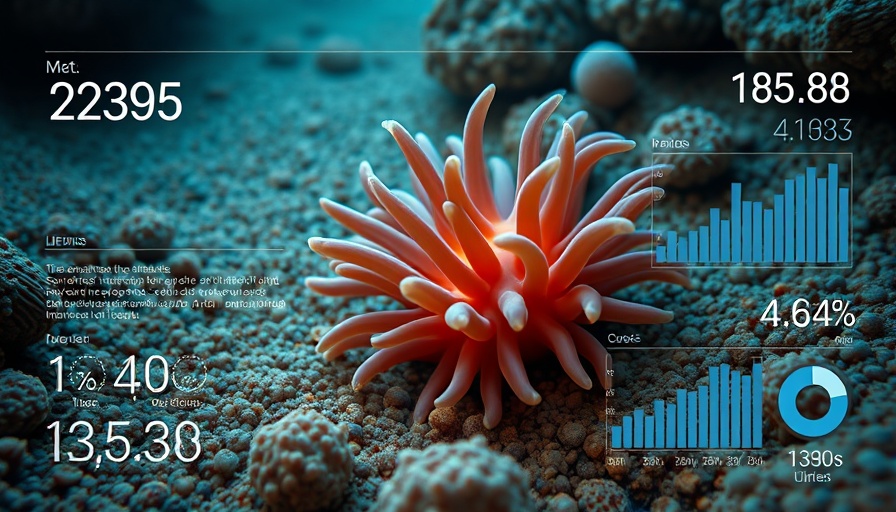
A New Wave in Marine Technology
In a significant leap for marine conservation, the French startup Cosma has successfully raised €2.5 million to enhance its underwater imaging technology, aimed at mapping and preserving marine biodiversity. Based in Nice, this DeepTech company specializes in utilizing autonomous vehicles to survey deep-sea ecosystems. The funding round, spearheaded by WIND and Ternel, signifies increasing investor confidence in sustainable technologies that address a pressing global concern.
The Groundbreaking Approach of Cosma
Founded in 2022, Cosma is on a mission to revolutionize how we monitor benthic ecosystems, collecting up to 100,000 images per hectare of seabed. Their state-of-the-art technology employs a combination of 3D photogrammetry and advanced algorithms to identify marine species and habitats, generating a digital twin of the ocean floor that is crucial for scientific research and environmental protection.
Implications for Marine Conservation
By enabling unprecedented monitoring capabilities, Cosma's technology could have widespread implications for conservation efforts. Only about 25% of the ocean floor has been accurately mapped, while less than 1% of marine species are known to science. The need for enhanced understanding and preservation of our oceans has never been greater. As emphasized by Romain Charraudeau from IFREMER, this innovation opens new avenues for observing, understanding, and ultimately protecting the marine environment.
Attracting Strong Partnerships
Cosma's commitment has already drawn attention from notable clients, including the World Wildlife Fund (WWF) and the French Navy, signaling a robust endorsement from diverse sectors. With its potential to become 'the Google Maps of the seafloor,' the company is positioning itself as a leader in an industry critical for both ecological sustainability and industrial development.
It's clear that the intersection of technology and ecological stewardship holds promise for financial opportunities, particularly for service providers inclined to invest in marine innovations. The implications for responsible investment are profound, suggesting a future where economic growth and environmental health can coexist harmoniously.
 Add Row
Add Row  Add
Add 




Write A Comment